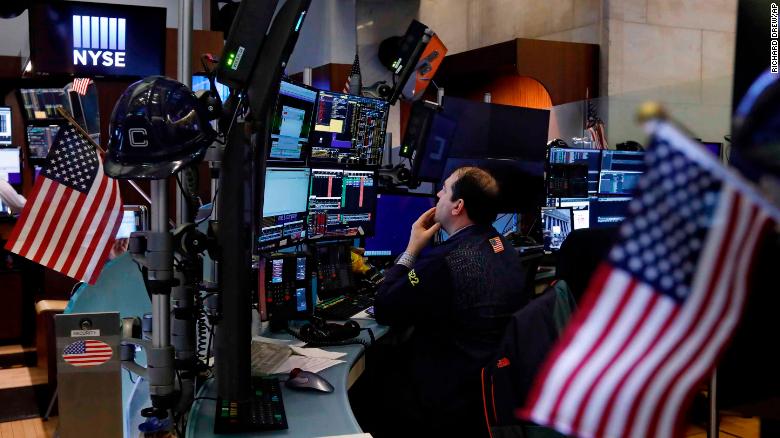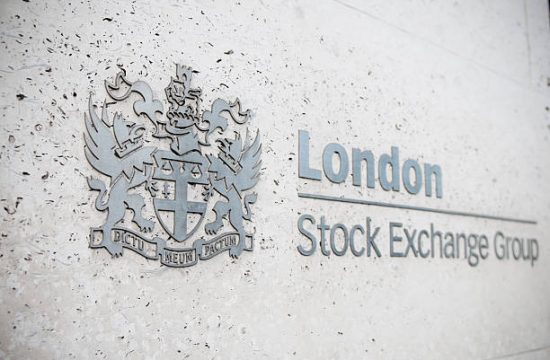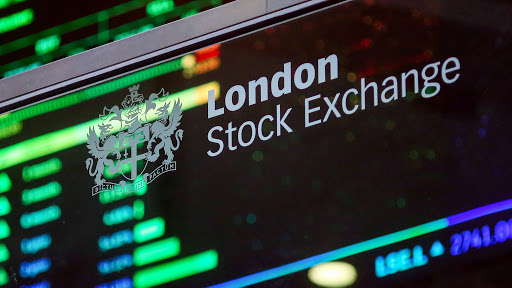
Time and time again, I hear unsophisticated investors talk about financial markets being a scam or a gamble and a variety of other things to go with it. The reality is that these individuals, these unsophisticated investors, have all lost money, they have relied on snake oil for their investment decisions.
A few weeks earlier, their attitude was completely different, they had put a relatively small amount of money into a trading account, and all thought they would likely be retiring before year-end. In most instances, they talk highly of the stock market, and that they are profound investors that should be revered like Warren Buffet within their social circles.
Digging a little deeper into their woes and you find the same story: They received a call from a quick-talking, smart-sounding, ‘Money Manager’, who had trading software that could make them earn a six-figure income while they drink beer. It sounds too good to be true because it is; even if it was the best algorithmic software program in the world, it lacks the human element; the software is incapable of interpreting what a human can. And while robots or automated strategies are in extensive use, they are controlled and used as a trading assistant, not as a trader replacement.
The problem in the above scenario is that so many have been drawn into it, and it is the mentality of getting lots of cash quick that blinds and dulls the sensors to the obvious issues within an investment of that nature. First, if someone is selling a trading program that can make huge sums of money, do you really think anyone would sell it? Considering it could be used to pool funds together, and trade much greater funds, with less risk and the ability to charge you a management fee on top of commission? It does not add up, does it?
So why do people keep getting drawn into this type of selling? In my mind, it’s because they see trading as a bit of a hobby or a game, and do not truly understand the principals involved. But also because people tend not to treat investments like they do their own business. If we were to consider the average small to medium-sized enterprise, most fail in their first 12 months, a greater number run at a deficit for the first few years, and failure rates at the 5-year mark are higher again. So why do most feel it is okay to run in the red when it comes to an SME but not an investment class? The answer is straight forward; it is because most see a difference between an investment and a business; it’s not until your investment is your business that you see them the same.
Eventually, the idea of trading as a business is discovered, and what a wonderful time it is. The decision-making process improves dramatically, no longer are we married to that position or entering in the wrong direction and then getting emotional about it.
When we realise that it is just business, we develop a thicker skin and mindset, much more capable of shrugging off losses and finding more profitable trades.
It’s really is just business…













